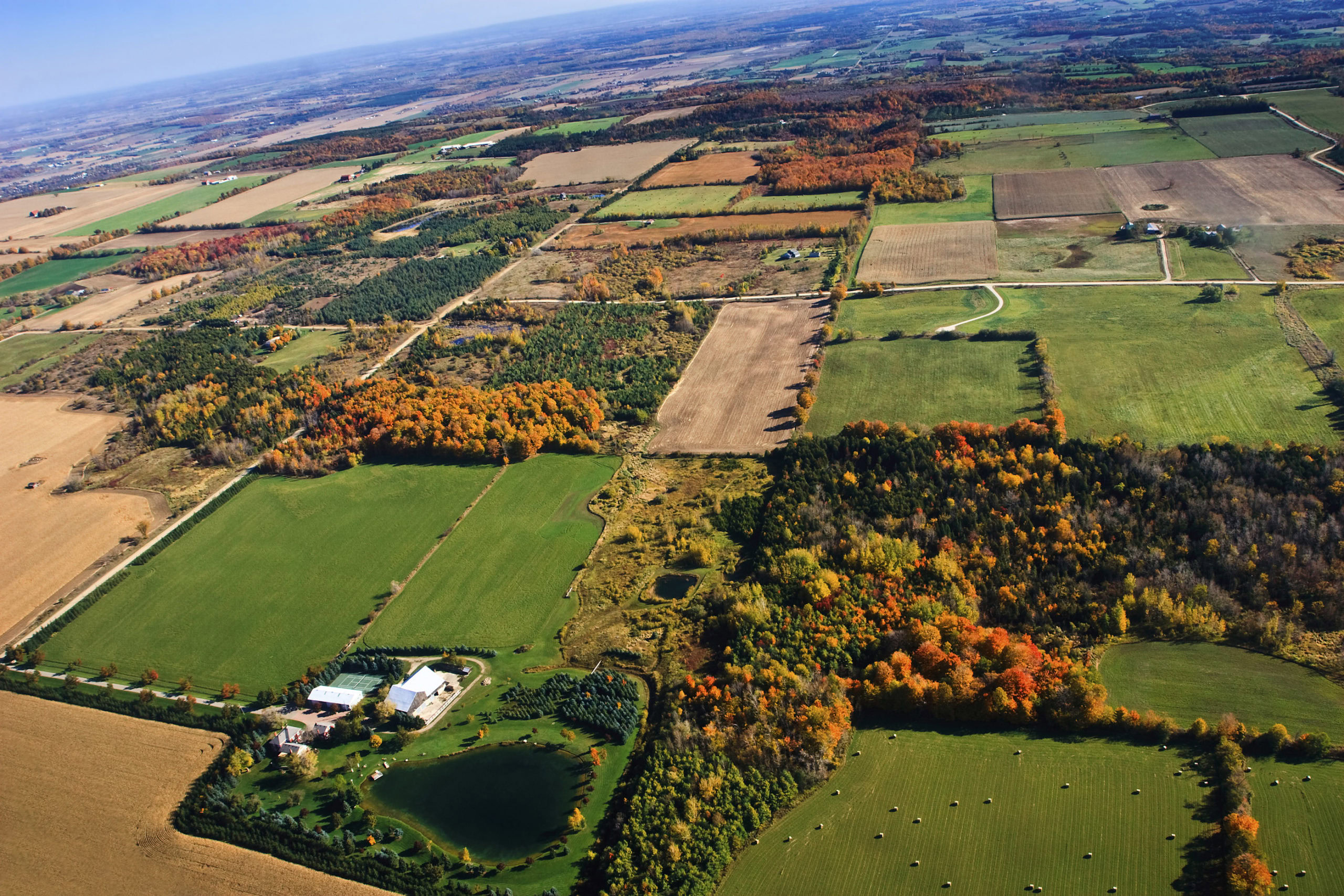Agricultural Policy Shaping The Future Of Food Production
Protecting agricultural land is crucial for the future of food production and ensuring a sustainable food supply. As our population continues to grow, it becomes increasingly important to preserve and utilize agricultural land efficiently. Without proper protection, we risk diminishing our ability to feed the ever-expanding global population.

Agricultural land provides the foundation for food production, allowing farmers to grow crops and rear livestock. It plays an essential role in supporting the livelihoods of millions of farmers and contributes significantly to the economy. Additionally, it helps maintain a balanced ecosystem, providing habitat for various flora and fauna.
What is often overlooked is the increasing encroachment on agricultural land due to urbanization and industrialization. As cities expand, the demand for land for housing, infrastructure, and industrial zones grows. Unfortunately, this often leads to the conversion of valuable agricultural land into concrete jungles.
Why Protecting Agricultural Land is Essential
Ideas For:
1. Implementing strict zoning regulations: Governments should establish clear zoning regulations that prioritize the protection of agricultural land by restricting non-agricultural activities in these areas. This can help ensure that agricultural land remains dedicated to farming activities without being overtaken by urban or industrial development.
2. Promoting sustainable farming practices: Encouraging and supporting farmers in adopting sustainable farming practices can help maximize the productivity of agricultural land. This includes techniques such as crop rotation, organic farming, and precision agriculture, which can reduce the environmental impact of farming and enhance soil health.
3. Investing in agricultural research and innovation: Governments and private organizations should allocate resources towards research and innovation in agriculture. This can lead to the development of new technologies and practices that can improve yield, mitigate environmental impacts, and adapt to changing climatic conditions.
Recommendations For:
1. Governments: Governments should prioritize the protection of agricultural land by implementing policies and regulations that discourage the conversion of agricultural land into other uses. They should also provide financial incentives and support for farmers to adopt sustainable farming practices.
2. Farmers: Farmers should actively engage in sustainable farming practices and explore innovative techniques that can maximize the productivity of their land while minimizing the environmental impact. They should also collaborate with researchers and experts to stay updated on the latest advancements in agricultural practices.
3. Communities: Local communities can play a vital role in protecting agricultural land by supporting local farmers and advocating for policies that safeguard their interests. Supporting farmers' markets, community-supported agriculture programs, and raising awareness about the importance of agricultural land can make a significant difference.
Listicle of:
- The Role of Agricultural Land in Food Production
- The Impacts of Urbanization on Agricultural Land
- Sustainable Farming Practices for Preserving Agricultural Land
- Growing Population: The Need to Protect Agricultural Land
- Policies and Regulations to Safeguard Agricultural Land
- Technological Innovations in Agriculture for Maximizing Yield
- Challenges Faced by Farmers in Protecting Agricultural Land
- Benefits of Supporting Local Agricultural Communities
- The Economic Importance of Agriculture and Farmland
- The Role of Consumers in Preserving Agricultural Land
Question & Answer:
Q: How does protecting agricultural land impact food security?
A: By protecting agricultural land, we ensure a continuous and sustainable supply of food. This helps enhance food security by reducing the risk of scarcity and ensuring that people have access to nutritious and affordable food.
Q: What are the consequences of losing agricultural land to urbanization?
A: Losing agricultural land to urbanization results in reduced food production, increased dependency on imports, loss of livelihoods for farmers, and negative environmental impacts such as habitat destruction and loss of biodiversity.
Q: How can consumers contribute to protecting agricultural land?
A: Consumers can support local farmers by purchasing locally produced food and participating in community-supported agriculture programs. By choosing sustainably grown and locally sourced products, consumers help create a demand for agricultural land preservation.
Summary of:
Protecting agricultural land is of utmost importance for the future of food production and ensuring a sustainable food supply. By implementing strict zoning regulations, promoting sustainable farming practices, and investing in agricultural research and innovation, we can safeguard our agricultural land for generations to come. Governments, farmers, and communities must work together to protect and preserve this valuable resource, recognizing the vital role it plays in our lives and the environment.
Post a Comment for "Agricultural Policy Shaping The Future Of Food Production"